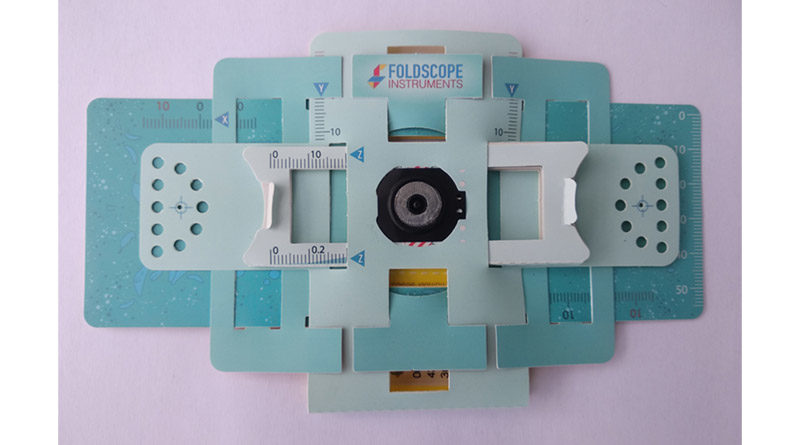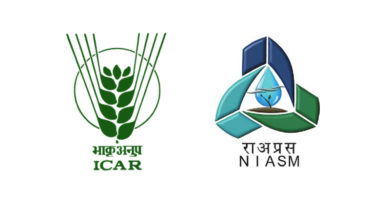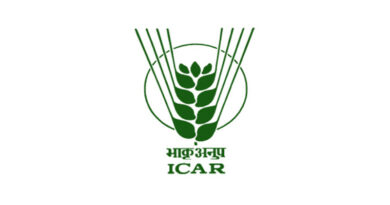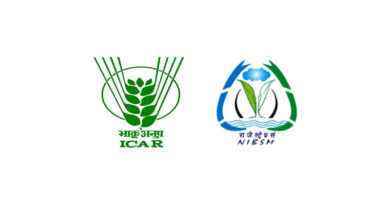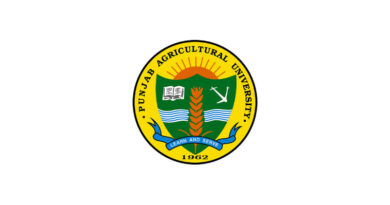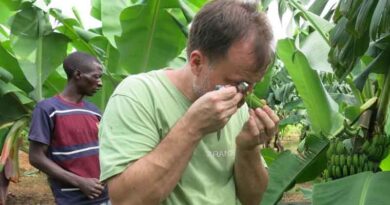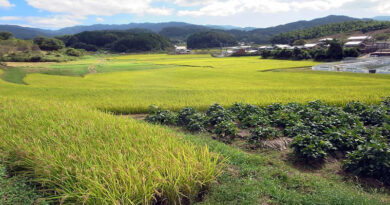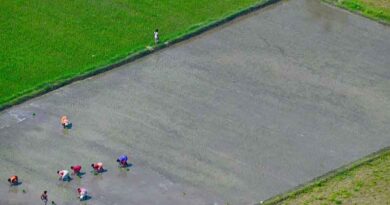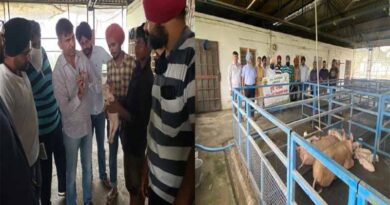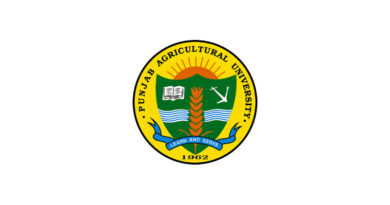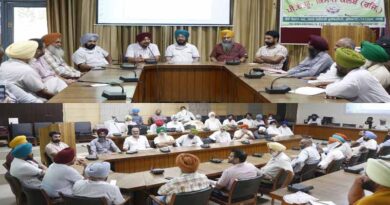ICAR-NIBSM brings ‘Foldscope’ to Chhattisgarh
Microscopy at farmer’s doorstep: ICAR-NIBSM brings ‘Foldscope’ to Chhattisgarh
“The tribal farmers of the Chhattisgarh have access to microscopy, especially aimed at disease diagnosis for biotic stress management”, tells Dr. P. Mooventhan, Scientist (Agriculture Extension) at ICAR-NIBSM, Raipur, highlighting the options and opportunities of using Foldscope microscopy. He further mentioned – Conventional microscopy using specialised combination of hardware and lenses requires trained personnel and laboratory space for their diverse usage in the field of analysis and diagnosis. As a part of “Frugal Science” movement, many such equipments are modified or restructured to make it cheaper, easily available and used by masses, in the developing world.

On similar concept, foldscope is an ultra-affordable paper microscope designed by Dr. Manu Prakash, Professor of Bioengineering at Stanford University, California, USA. Foldscope is origami-based paper microscope which utilises principal of optics and is printed on a standard A4 sheet of paper, weighing only 8gms and can be assembled in 7minutes. It is designed to be extremely portable, durable, and to give optical quality similar to conventional research microscopes (magnification from 140X to 2000X), sufficient enough to spot organisms such as Leishmania donovani and Escherichia coli, as well as malarial parasites. The kit also includes magnets that can be stuck onto the Foldscope to attach it to a smartphone, allowing the user to take pictures and live videos of the magnification. Surprisingly, it is designed to cost less than US$1 to build.
Tool to promote educational, training & research
Considering the instruments optical quality, durability in the field, price, and versatility make it a powerful scientific tool, the Department of Biotechnology, Ministry of Science and Technology, Government of India, included foldscope microscopy as one of the tools to promote educational, training or research tool, partnering with Foldscope Instruments Inc. and Prakash Lab (Stanford), in the year 2017. Consequently, a project “Surveillance and minimising the risk of zoonotic diseases among tribal farmers through Foldscope microscopy” was granted to ICAR-NIBSM, Raipur in 2018 for a period of two years.
Under this initiative, the team lead by Dr. P. Mooventhan and DrMamta Choudhary (Scientist, Veterinary pathology), rural youth and farmers are being trained in handling the foldscope and its utilization for rapid and in-situ observation of the micro-organisms in their environment: plants, animals and water. About 450 diverse samples from different sources were screened for zoonotic and other prevalent pathogens. Clinical samples were processed further and microorganisms such as Fungi (Aspergillus fumigatus, Penicillium sp., and Rhizopus spp.), pathogenic yeast (Candida spp.), Bacteria (E. coli, Pseudomonas spp., Aeromonas spp. and Proteus spp.) were isolated and observed through foldscope microscopy at various sample sites by tribal youths. Interestingly, foldscope proved as a very helpful tool in adjudging the semen quality in straws prior to applications such as Artificial Insemination (AI) of cattle. This intervention has the significant scope to increase the conception rate in cattle; which will pave the way for successful grading up of indigenous cattle. In addition, total 146 sample from plant, animal, microorganism and insect origin also observed and more than 30 types of micro-organism were documented through foldscope microscopy.
“The foldscope microscopy has tremendous potential to reach upto the tribal populations, including farmers, for rapid diagnosis leading to rapid information transfer and timely remedial measures” tells Dr. P. Kaushal, Joint Director (Research) at NIBSM, Raipur. As a capacity- building initiatives, about 20 events were organized on foldscope demonstration cum hands-on training awareness campaign on personal hygiene and zoonotic diseases to tribal farmers ultimately benefiting about 900 individuals including farmers, rural women health workers (Mitanin), school and college students. To maintain the chain, seven rural youths are specially trained at field level to demonstrate the foldscope microscopy to targets.
ICAR-NIBSM further extended its service to the Nicobarese tribal farmers of Andaman and Nicobar Islands by organising a workshop on “Role of Foldscope Microscopy in minimizing the risk of zoonotic diseases, field level diagnosis of plant diseases and ensure the personal hygiene of tribal farmers” at Harminder Bay, Hut bay. The results were published in the online platform called “MICROCOSMOS” Foldscope Community. (https://microcosmos.foldscope.com).
In addition, Dr. Anil Dixit, Principal Scientist, PRO of this institute helped to disseminate the Foldscope microscopy to various stakeholders through Mera Gaon Mera Gaurav (MGMG).
Success and potential of Foldscope has been widely appreciated by Dr P. K. Ghosh, Director and Vice-Chancellor, NIBSM Raipur, assuring to take the concept and the frugal science to grass root levels of Indian rural. A next phase of the concept is in negotiation with the Department of Science and Technology, Govt. of India.

